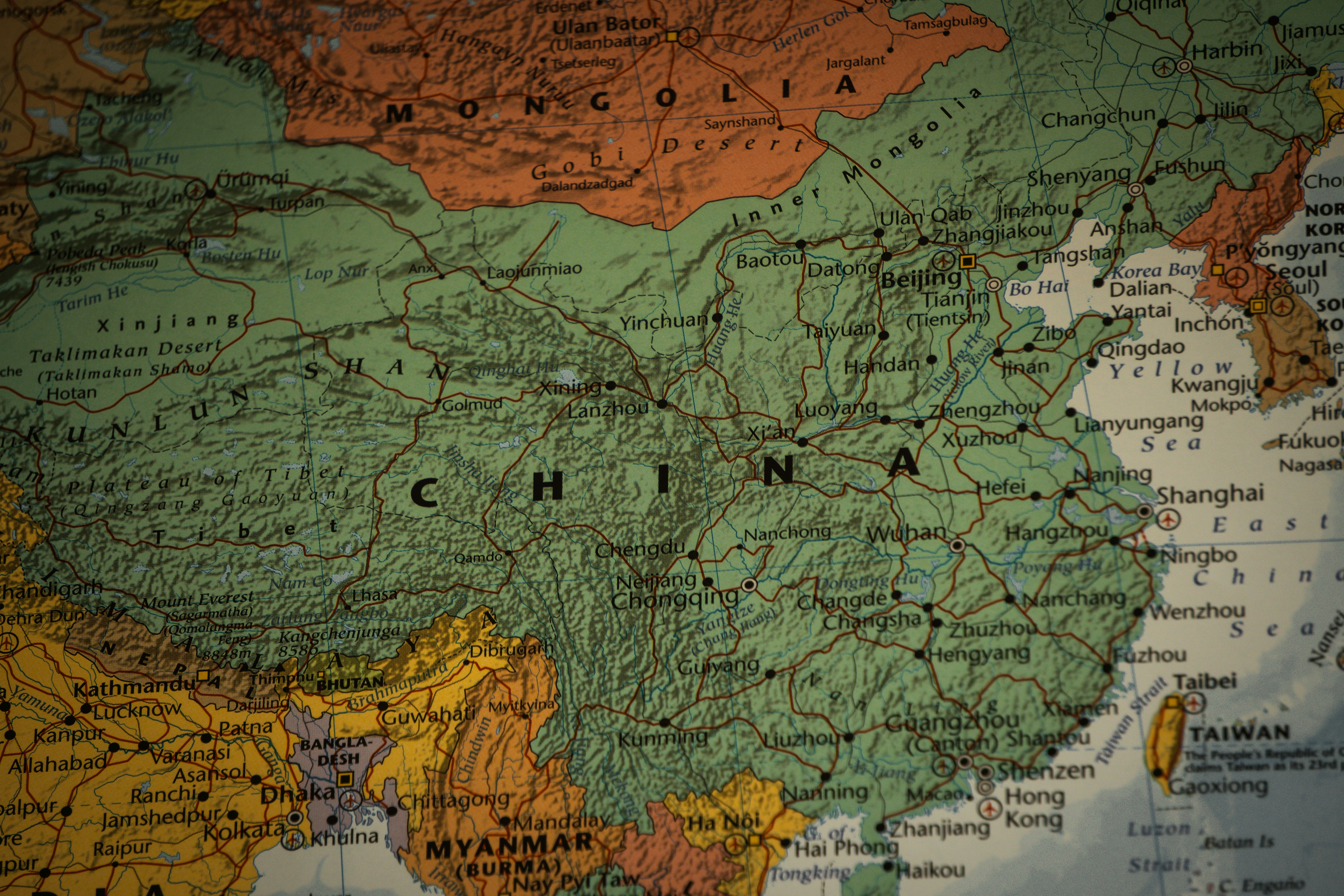Brussels – Economy, consumption, development: The industrial, productive and competitive future of the European Union is unknown. There is an excessive shortage of rare earths, on which everything depends, with China holding the key to Europe’s fate. “The euro area remains exposed to economic and inflation-related risks due to its dependence on China for the supply of rare earths to critical industrial sectors,” warns the European Central Bank in a study dedicated to the topic. “Supply chain disruptions resulting from China’s export restrictions could lead to increased production costs for manufacturers, particularly in the automotive, electronics, and renewable energy sectors.
How vulnerable is the EU to Beijing’s choices in matters of rare earths? The answer contained in the analysis document that revolves around this existential question leaves no room for doubt: “The euro area is exposed to supply chain risks related to Chinese exports of rare earths. The People’s Republic of China dominates the global rare earths market, accounting for approximately 95 per cent of the world’s rare earths production. It also holds a central position in the refining of other essential raw materials, such as lithium and cobalt, both of which are essential for electric car batteries.
Currently, 70 per cent of rare earth imports into the eurozone come from China, and there are no alternatives available. “Even when the euro area sources rare earth-containing secondary products from countries other than China, suppliers are heavily dependent on China for raw rare earths,” the ECB experts warn. An example in this case is the United States, whose demand for rare earths is 80 per cent met by Beijing itself. It follows that despite the strategies devised in Brussels to respond to the problem, “the euro area remains indirectly exposed to Chinese supply chains when importing US products using rare earths.”
The ECB wants to reassure that crises are not on the horizon. “Current indicators do not suggest that supply chain pressures and price increases are imminent in the immediate future.” However, “it is crucial to remain vigilant” and monitor developments closely, given the potential for rapid changes in global supply dynamics. “China could use rare earths to exert pressure in ongoing trade negotiations with the EU,” the European Central Bank warns.
Practically everything is at stake—inflation and rising prices, as well as a halt to productive sectors, with significant political repercussions. Manufacturing industries are particularly vulnerable, starting with the automobile industry, which relies heavily on permanent magnets made from rare earth elements. Similarly, the energy sector relies heavily on rare earths for the neodymium magnets used in wind turbines. But rare earths are widely used in the technology sector (semiconductors, computers, telephony). A relevant part of the Green Deal and double transition is played out here, in the dependence on China in terms of what it takes to translate sustainability ambitions into practice.
“Source:EUnews”

 English
English


